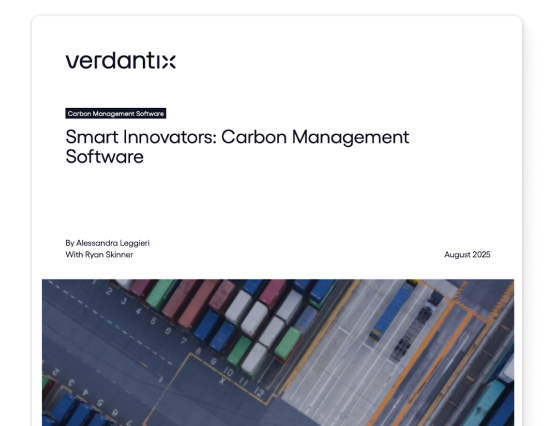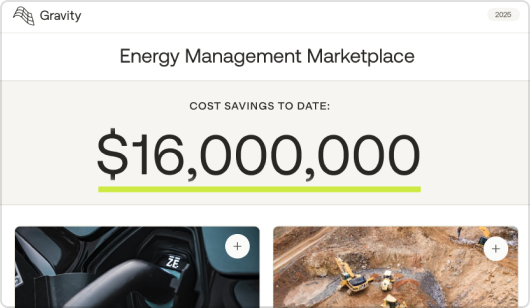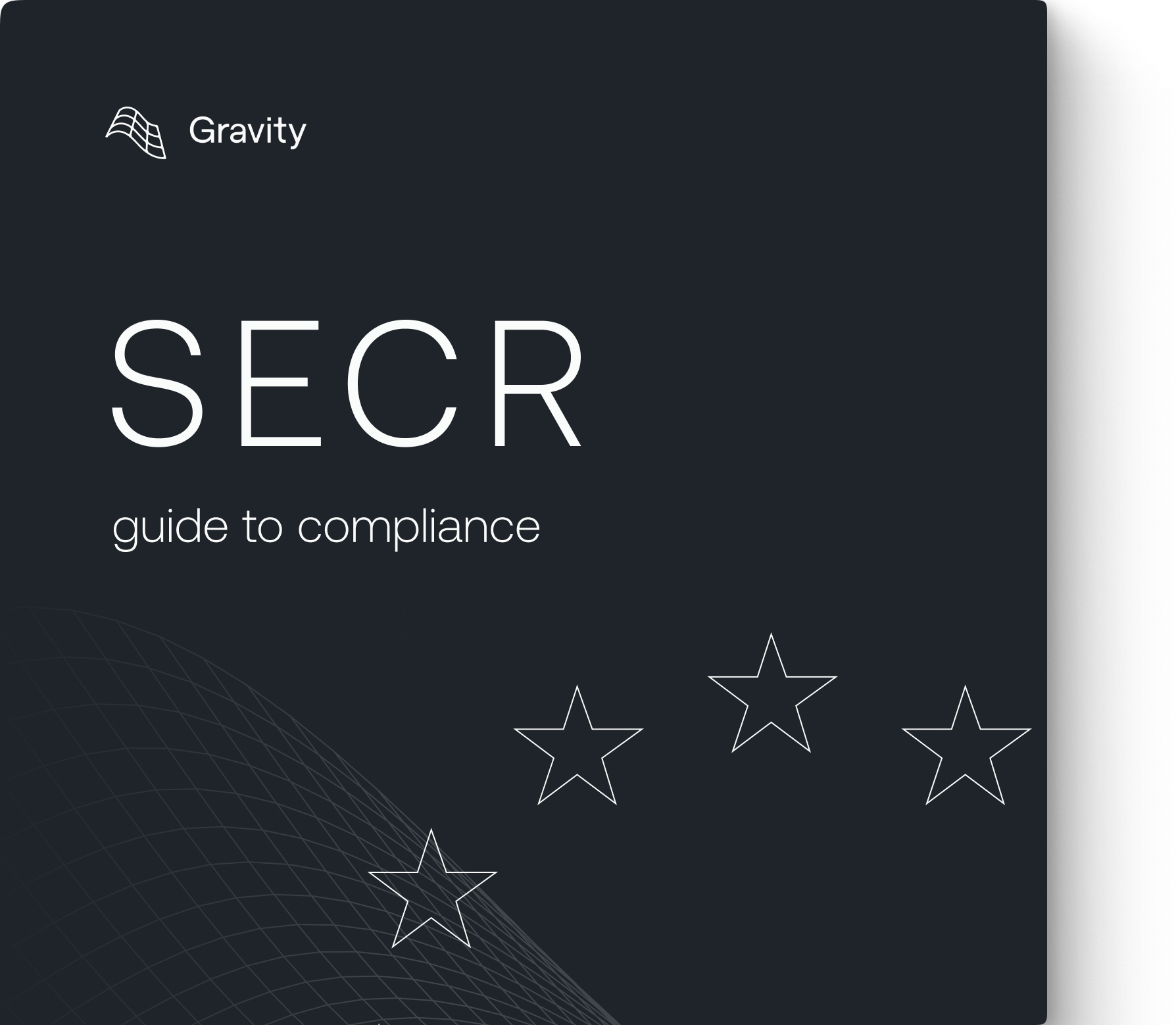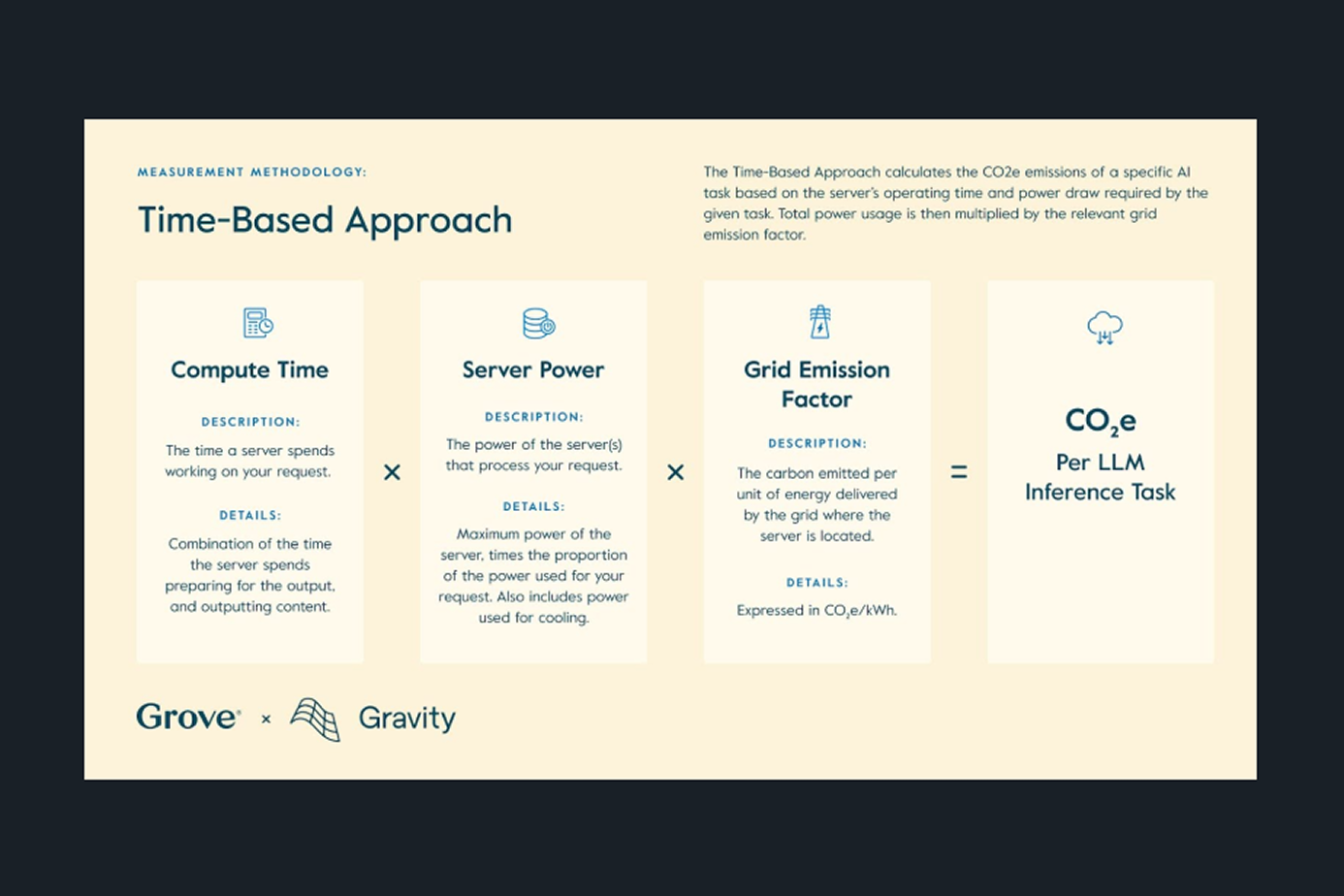See why customers are switching to Gravity
Sustainability Policy Update: The Implications of the US Election on Corporate Sustainability
Our policy expert, Jay Ruckelshaus, breaks down the impact of the 2024 US presidential election on corporate sustainability programs and explains how companies can adapt.

Any time there is a shift in political power, we can expect there to be corresponding changes in climate policy. We wanted to share our preliminary assessment of how the carbon and energy landscape may evolve following the US election, and what this means for corporate and industrial sustainability leaders.
Overall, we expect three main takeaways moving into 2025:
- Mandatory corporate sustainability disclosure will continue spreading.
- Nonetheless, there will be renewed appetite for sustainability projects with a clear cost- and energy-savings impact.
- In parallel, sustainability leaders will have a greater need to collaborate with finance and legal teams.
Mandatory corporate sustainability disclosure will continue spreading
Large companies will continue to need to report on their emissions and sustainability impact. The biggest tailwinds for regulatory reporting aren’t subject to change with a change in power at the US federal level. The most mature requirements for reporting have occurred internationally – e.g., CSRD in Europe – or at state and local levels – e.g., California state bills and NYC local laws. These forces will continue unimpeded by the change of power in the White House:
- Corporate Sustainability Reporting Directive: The CSRD will require 50,000 companies, including an estimated 10,000 US companies, to report on their Scope 1, 2, 3 emissions and a broad range of other metrics starting in 2025.
- Climate Corporate Data Accountability Act (CCDAA) in California: Thousands of companies with a presence in California will need to start disclosing their Scope 1 and 2 emissions in 2026 and their Scope 3 emissions in 2027.
- Other international requirements: More than 20 countries, including the UK, Canada, Australia, China, and Brazil, are implementing the ISSB’s disclosure standards. Large US firms with a global footprint will need to report to this standard as well.
- Customer and supplier requests: Large companies will continue soliciting sustainability and other data from their suppliers, as they need this data to meet publicly committed Scope 3 measurement and reduction targets.
Within the US, it is unclear what will happen to the SEC reporting rule, which is currently frozen in the courts. However, the regulations listed above are more stringent than the SEC rule would have been anyway.
With these mandatory reporting requirements coming into force, companies will need to report on their sustainability metrics with the same rigor as their financial reporting. As such, it’s an ideal time to ensure you can collect data once and adapt your reporting to different standards with ease.
Renewed focus on energy efficiency and business impact
Even though the core reporting requirements companies are being phased into are unaffected by the US election, it is reasonable to expect some shift in the interplay between corporate sustainability initiatives, stakeholder reception, and the political realm. We expect a return to fundamentals and a general shift toward energy pragmatism, manifesting in a few key ways:
- In this climate, there may be additional scrutiny of corporate climate initiatives where the company’s impact is harder to immediately perceive. Traditional carbon credits and offsets outside the company’s supply chain may need additional justification from stakeholders. As a result, identifying and executing sustainability projects that reduce energy use and costs will become more important.
- As companies will continue to feel pressure from their customers and investors to be more sustainable, they will likely prioritize initiatives that save money and have a clear business impact and/or mitigate risk. Energy-reduction projects with favorable payback periods will be an easier sell in a climate of energy pragmatism.
- Taken together, we expect a resurgence of interest in behind-the-meter projects and Scope 1 and 2 reduction. Notably, there are an estimated $2 trillion in savings that can come from energy efficiency projects by 2030. These energy efficiency technologies include no-brainer projects like upgrading light systems, fixing compressor air leaks, and HVAC upgrades that can quickly pay for themselves. Bigger investments, like upgrading cooling or heating technologies, fleet electrification, and demand response and battery energy storage systems, may require greater upfront investment, but can deliver powerful ROI
{{Energy Efficiency Projects}}
What will happen to tax incentives for green infrastructure?
It’s hard to say for certain at this moment what will happen to the various incentive schemes launched or expanded by the Inflation Adjustment Act. President-elect Trump has promised to cut tax incentives for green technology, but he may face resistance from his party, as Republican districts have received the majority of investment. This is an area we will be watching closely. Fortunately, many energy efficiency investments will still make economic sense for businesses even without incentives.
Importance of internal collaboration and proving business value
Connecting the two points above, we expect the evolving policy environment and enhanced focus on business impact to accelerate the trend of corporate sustainability officials working closely with their finance and accounting colleagues. Some of this will be driven by the shift to financial-grade standards for sustainability reporting.
Additionally, with a likely shift in the corporate discourse toward business value, we also anticipate greater focus on proving how sustainability programs increase resilience and lower costs. In short, it will be more important than ever for sustainability officials to speak the language of the CFO.
{{Prepare for 2025}}
Download the report to learn more
VerdantixTM Smart Innovators: Carbon Management Software

Curious about Gravity's Energy Management Marketplace?
Book a demo to learn more

Curious about Gravity's Europe expansion?
Book a demo to learn more
.png)
Ready to get off the merry-go-round?
Book a demo to learn more.

Curious about Gravity's CDP accreditation?
Book a demo to learn more.

California's Carbon Reporting Rule
Watch our webinar to prepare for California's new climate regulation

Curious about these features?
Book a demo to learn more.

Be prepared for SECR
Meet with our team, walk through the steps you'll need to take to report, and start a free trial to see how Gravity can help you report with greater speed and accuracy.

See the platform in action
Watch a short video to see why leaders like WM, TTI, and WAF have chosen to work with Gravity to simplify carbon accounting and drive business impact.

Meet with our team, walk through the steps you'll need to take to report, and start a free trial to see how Gravity can help you report with greater speed and accuracy.

Cut down reporting time by 70%
Request a demo to see these features in action and learn how they can save hours of manpower in your next reporting cycle.
Looking to Uplevel Your Sustainability Programs in 2025?
Reach out for a personalized meeting with our climate experts to find opportunities to save time on regulatory compliance, simplify internal communications, and execute projects that deliver real business impact.
Find energy efficiency projects that deliver value
Learn how to reduce energy costs and emissions.

Be prepared for the CSRD
Get in touch to find out how your company should prepare for the CSRD amidst changes to the regulation.




%20(1).png)